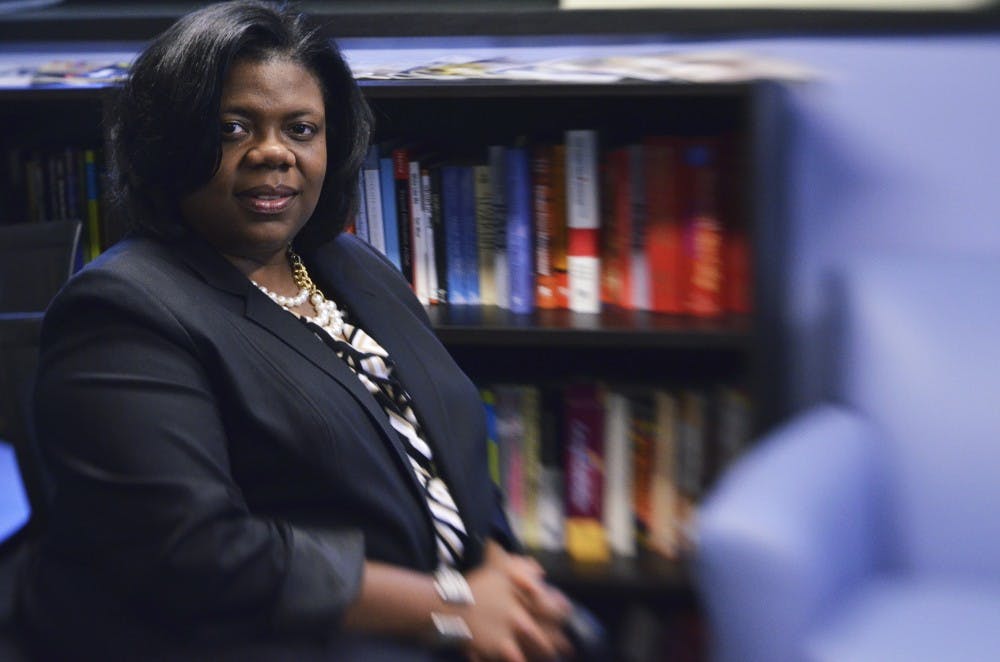CORRECTION: A previous version of this story incorrectly stated the organization responsible for hiring 44 minority faculty members in 2013. They were hired by the University. The story has been updated to reflect this change. The Daily Tar Heel apologizes for the error.
“It doesn’t hinder me from learning, but it would be more reassuring because I could relate better,” Moore said. “It’s important for minorities to have key figures in education that look like us.”
Taffye Clayton and Sibby Anderson-Thompkins are working to improve the collegiate experience for students like Moore. Now entering its 30th year, the Carolina Postdoctoral Program for Faculty Diversity has helped the University increase its hiring rates of minority faculty members.
“We’re hiring great talent,” said Anderson-Thompkins, the director of the Carolina Postdoctoral Program for Faculty Diversity. “ We have to have a commitment on the part of the University to make sure people can thrive and be supported here so they remain.”
Though the situation has improved, the numbers are still bleak for minority faculty members. About 80 percent of UNC faculty is white, with black professors and administrators making up only 5 percent of the entire faculty. Four percent of the faculty is Hispanic and 0.4 percent is American Indian, according to data from the Office of Diversity and Multicultural Affairs.
Retention remains a problem for the University. While the University hired 44 minority faculty members in 2013, there were 13 minority faculty members who left during the same time, said Clayton, the chief diversity officer and the associate vice chancellor for Diversity and Multicultural Affairs.
The retention issue is where the Carolina Postdoctoral Program for Faculty Diversity comes in. The fellowship program aims to advance scholars from historically underrepresented ethnic and racial groups.




